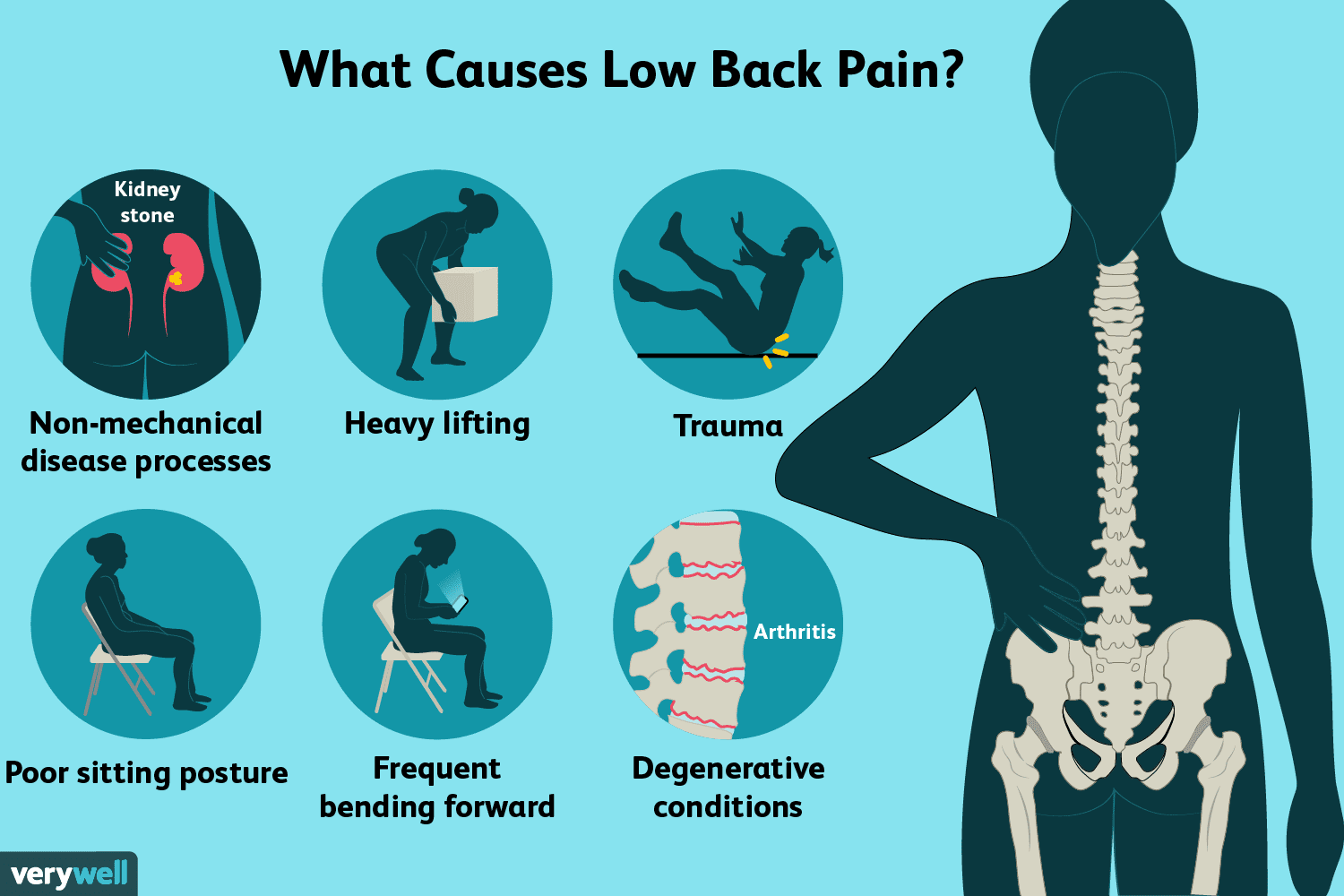The Role of Therapy and Medication in Treating Depression
Depression is a common mental health disorder that affects millions of people worldwide. It can have a significant impact on a person’s quality of life, affecting their ability to work, sleep, and enjoy daily activities. Fortunately, there are effective treatments available to help manage and alleviate the symptoms of depression. Therapy and medication are two common approaches that are often used in combination to treat depression.
Therapy for Depression
Therapy, also known as counseling or psychotherapy, is a treatment approach that involves talking to a trained mental health professional. There are several types of therapy that have been found to be effective in treating depression, including cognitive-behavioral therapy (CBT), interpersonal therapy, and psychodynamic therapy.
CBT is one of the most commonly used forms of therapy for depression. It focuses on changing negative thought patterns and behaviors that contribute to depression. Through CBT, individuals learn coping strategies to help them manage their symptoms and improve their overall well-being.
Interpersonal therapy, on the other hand, focuses on improving relationships and communication skills. It helps individuals address conflicts and issues in their relationships that may be contributing to their depression.
Psychodynamic therapy explores the unconscious processes that may be influencing a person’s emotions and behaviors. It helps individuals gain insight into their past experiences and how they may be impacting their current mental health.
Medication for Depression
Medication is often used in conjunction with therapy to treat depression. There are several types of medications that are commonly prescribed for depression, including selective serotonin reuptake inhibitors (SSRIs), serotonin and norepinephrine reuptake inhibitors (SNRIs), and tricyclic antidepressants.
SSRIs are one of the most commonly prescribed medications for depression. They work by increasing the levels of serotonin in the brain, which is a neurotransmitter that plays a key role in regulating mood. Examples of SSRIs include Prozac, Zoloft, and Lexapro.
SNRIs work by increasing the levels of both serotonin and norepinephrine in the brain. They are often prescribed to individuals who do not respond to SSRIs alone. Examples of SNRIs include Cymbalta and Effexor.
Tricyclic antidepressants are an older class of medications that are sometimes prescribed when other treatments have not been effective. While effective, tricyclic antidepressants tend to have more side effects compared to SSRIs and SNRIs.
Combining Therapy and Medication
Research has shown that combining therapy and medication can be more effective in treating depression than either approach alone. Therapy can help individuals develop coping skills and address underlying issues contributing to their depression, while medication can help alleviate symptoms and regulate brain chemistry.
It is important for individuals to work closely with their healthcare provider to determine the best treatment approach for their needs. Some individuals may respond well to therapy alone, while others may require medication in addition to therapy. It may take some trial and error to find the right combination of treatments that work best for each individual.
Conclusion
Therapy and medication are two effective approaches that are often used in combination to treat depression. Therapy can help individuals develop coping skills and address underlying issues contributing to their depression, while medication can help alleviate symptoms and regulate brain chemistry. It is important for individuals to work closely with their healthcare provider to determine the best treatment approach for their needs.
FAQs
1. What should I expect during therapy for depression?
During therapy, you can expect to talk with a trained mental health professional about your thoughts and feelings. They will work with you to develop coping strategies and address underlying issues contributing to your depression.
2. Are there any side effects of taking medication for depression?
Like any medication, there can be side effects when taking medication for depression. It is important to talk to your healthcare provider about any concerns or side effects you may experience while taking medication.
3. How long does it take for therapy and medication to start working?
The effectiveness of therapy and medication can vary from person to person. Some individuals may notice improvements in their symptoms within a few weeks, while others may take longer to see results. It is important to communicate with your healthcare provider about any changes in your symptoms.
4. Can I stop taking medication once I start feeling better?
It is important to follow your healthcare provider’s recommendations when it comes to stopping medication for depression. Abruptly stopping medication can lead to withdrawal symptoms and a relapse of depression. It is important to work with your healthcare provider to gradually taper off medication when appropriate.










